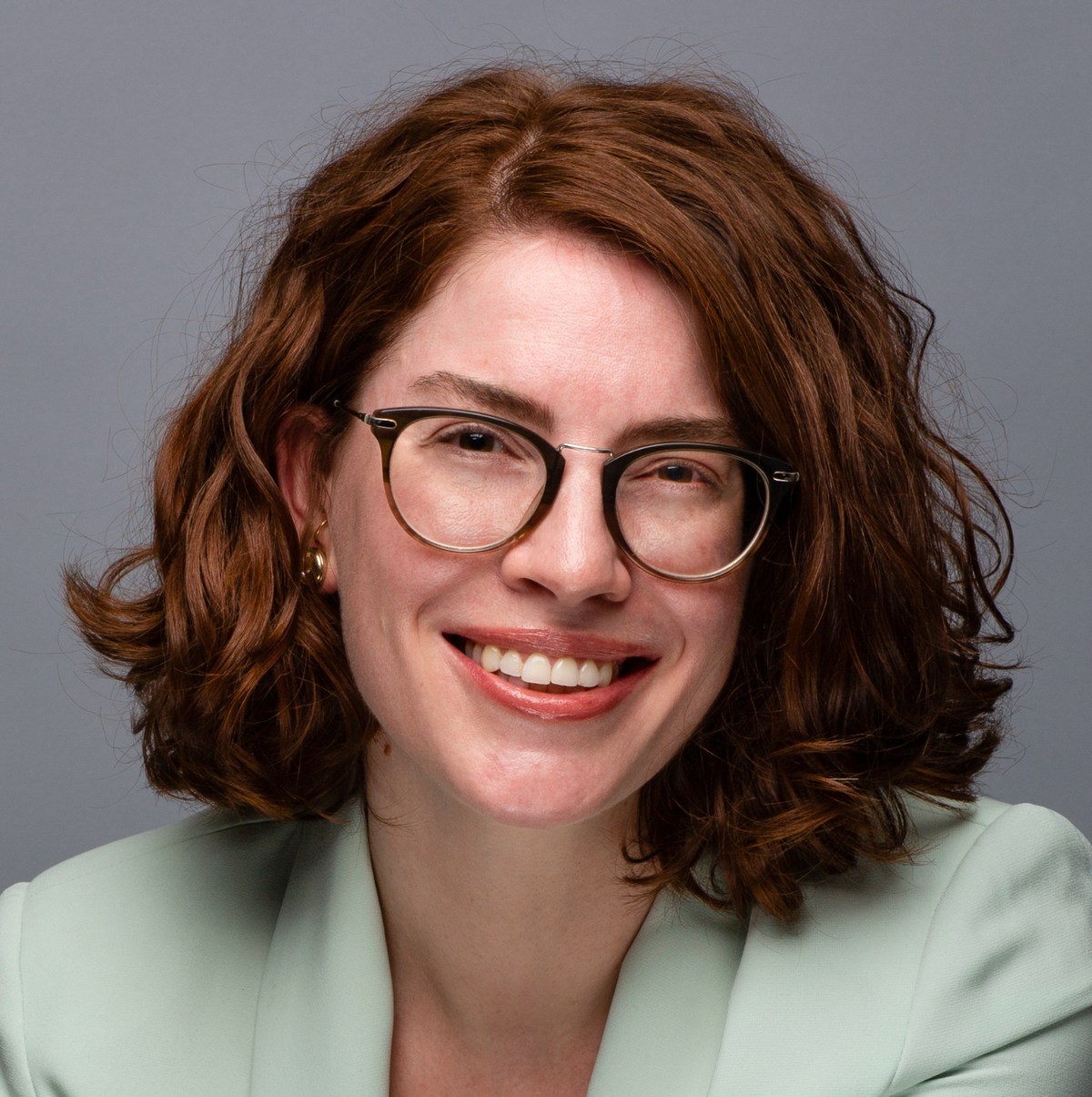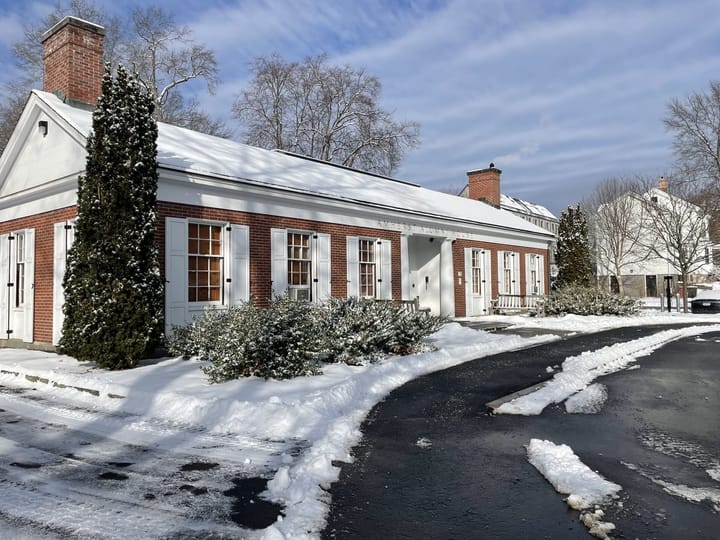Fresh Faculty: Lauren J. Leydon-Hardy

Lauren J. Leydon-Hardy is an assistant professor of philosophy. Her research concerns social epistemology. She received a bachelor’s degree from the University of Calgary, a master’s degree from Brandeis University and a Ph.D. from Northwestern University.
Q: How did you begin studying philosophy and what made you pursue it? A: Well it was a total accident. I was a first-generation college student, and I paid my way through college waiting tables at bars. I always had at least one full-time job. I was on my own since I was 16 [years old], and the way I managed going to school was I took three or four classes during the regular semester, and I took courses over the summer to try and make up the difference. This was back in the day where there was a big phonebook full of courses and there were fewer courses in the summer to choose from. I ended up in this class where the course description said that we were going to be writing about abortion and euthaniasia, stuff that interested me anyway. I took the summer course and did pretty well so the professor said that I should take another course with him in the fall. At the end of that course he asked me if I had changed my major to philosophy yet. When he said that, the clouds parted. I realized that there was a whole department of people who do this, which means that this is a job, and that means that I could do this for a living. What I love about philosophy is the order and rigor to the subject. All that matters to doing well is trying to make sense, and that was deeply soothing to me.
Q: What is your research primarily focused on? A: I am an epistemologist so I work in the philosophy of knowledge. In particular, I am interested in the intersection between our lives as epistemic agents, being able to acquire knowledge matters deeply to our lives going well and the kinds of social structures that shape our world and that animate us as social animals. I am interested in the ways in which we shape the world around us and how that bears on our ability to flourish as epistemic agents.
Q: Why did you decide to come to Amherst? A: Well, it’s an amazing school. The students are incredible. I remember when I flew out to interview, and I had to start by teaching a class. I thought that it was going to be brutal because the students had every reason to check out. I was the third person that Amherst had flown out to interview for this position. I was teaching [Gottfried Wilhelm] Leibniz, and I thought it was going to be like pulling teeth, but the students blew me away. They were asking all the right questions, they were so engaged and it was a remarkable classroom experience. I also genuinely feel that as a scholar I am happier when I spend some of my week in the classroom — as much as I love researching. I also really like my colleagues. I really enjoyed the time I spent with them while I was here.
Q: Can you tell me about the book you are working on now? A: The analogy between freedom of the will which is a metaphysical problem and the problem of epistemic agency is at the heart of a concept that I call epistemic infringement. The idea is that there are certain kinds of social behaviors that we might describe as epistemic misconduct or actions that harm us as epistemic agents. For example, if I have some identity prejudicial attitude that leads me to systematically downgrade the credibility of somebody on the basis of their identity. This is one way we can do harm to one another as epistemic agents. Epistemic infringement is this concept that I am working on that is an example of epistemic misconduct that strikes directly at our epistemic agency. The idea is that it is relational behavior that involves the systematic contravention of social and epistemic norms in a way that undermines our epistemic agency. Examples of this include predatory grooming and extreme cases of gaslighting. It is a way of treating somebody that is so fundamentally disorienting that it changes who they are as epistemic agents. The real world examples tend to be pretty harrowing.
Q: What do you like to do in your spare time? A: I like to hangout with my dog Milo; I like to rock climb; I like to go hiking; and I like to hangout with my spouse.
Q: What do you hope to contribute to Amherst during your time here? A: I hope to draw in philosophy majors. I want to be a good teacher, and I want to see my students flourish, to unfold as philosophers, as thinkers, as scholars and to find their intellectual identities. It seems like such a simple and obvious answer, and I mean it very deeply.
Feb. 12 Correction: A previous edition of this article incorrectly stated that Professor Lauren J. Leydon-Hardy was a visting professor. She is an assistant professor.





Comments ()